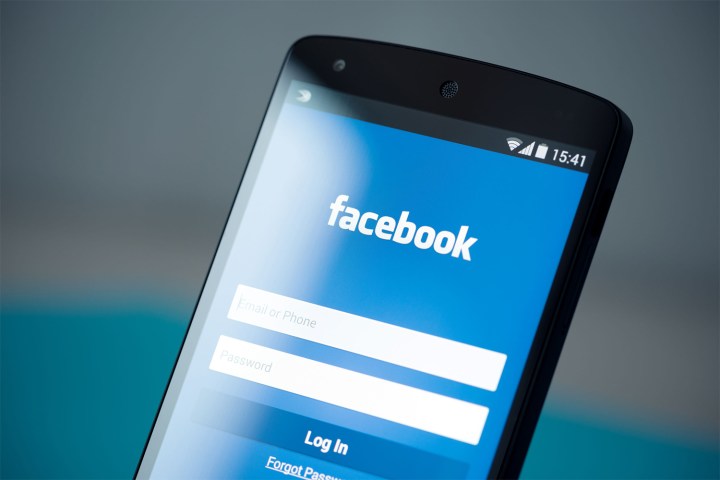
Between searching your spam folder for a reset link or trying to find a password you haven’t used before, current methods of resecuring your accounts are neither convenient nor particularly secure. But Facebook is looking to change that. At Monday’s USENIX Enigma Conference, Facebook security engineer Brad Hill announced that the social media giant launched an account recovery feature dubbed Delegated Recovery.
Debuting with a GitHub partnership, Facebook essentially hopes to take the place of your email account as your identity-management hub. This, the social media giant says, is safer than email because there is no end-to-end security guarantee, and often, the “security questions” you have to answer tend to be “inconvenient and risky.”
So now, “Facebook will let users set up encrypted recovery tokens for sites like GitHub, and if a user ever loses access to her Github account, she will send the stored token from her
Delegated Recovery is part of Facebook’s larger effort to improve account security, not only on their site, but across the web.
“We’re building this and giving it away because recovery is a problem every online service shares,” Hill said. “Recovery isn’t a product, it’s a foundation. Secure access is the foundation on which we build all our other products.”
Editors' Recommendations
- How to get your share of Facebook’s $750M settlement
- Facebook’s new controls offer more customization of your Feed
- You can now use the Add Yours sticker on Reels for Facebook and Instagram
- Facebook’s new Feeds tab emphasizes chronological posts
- Your Facebook account could get multiple profiles for different interests


